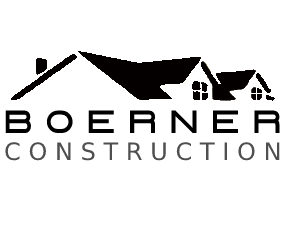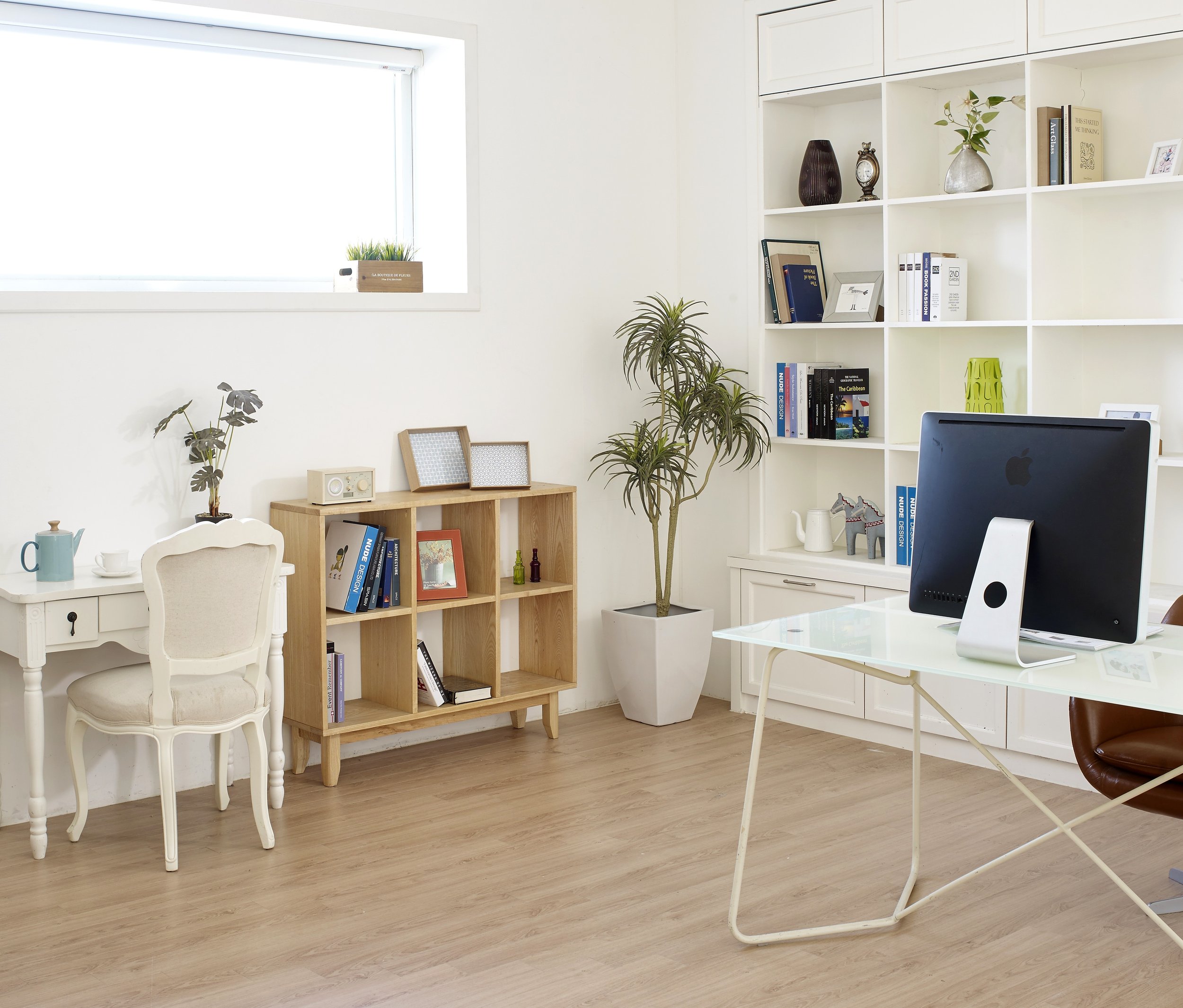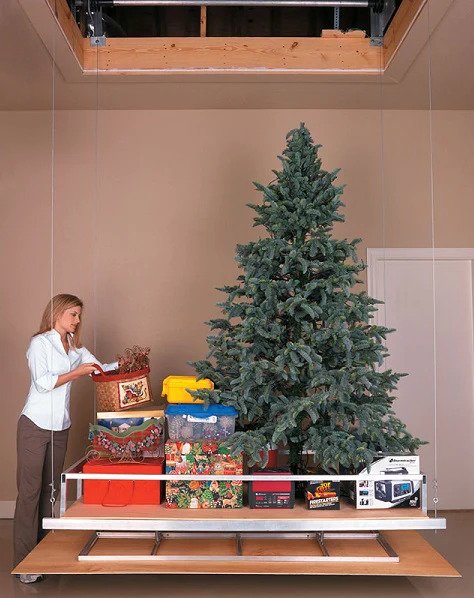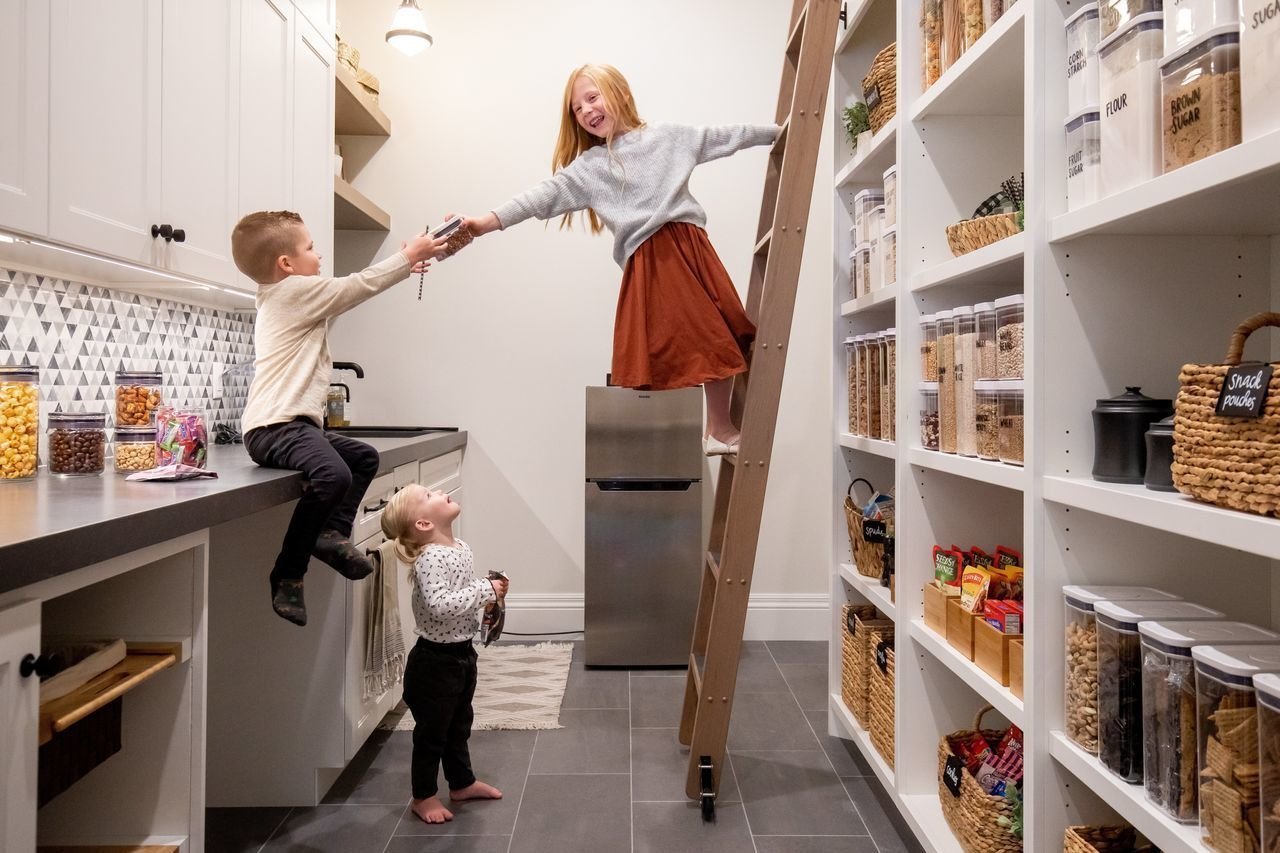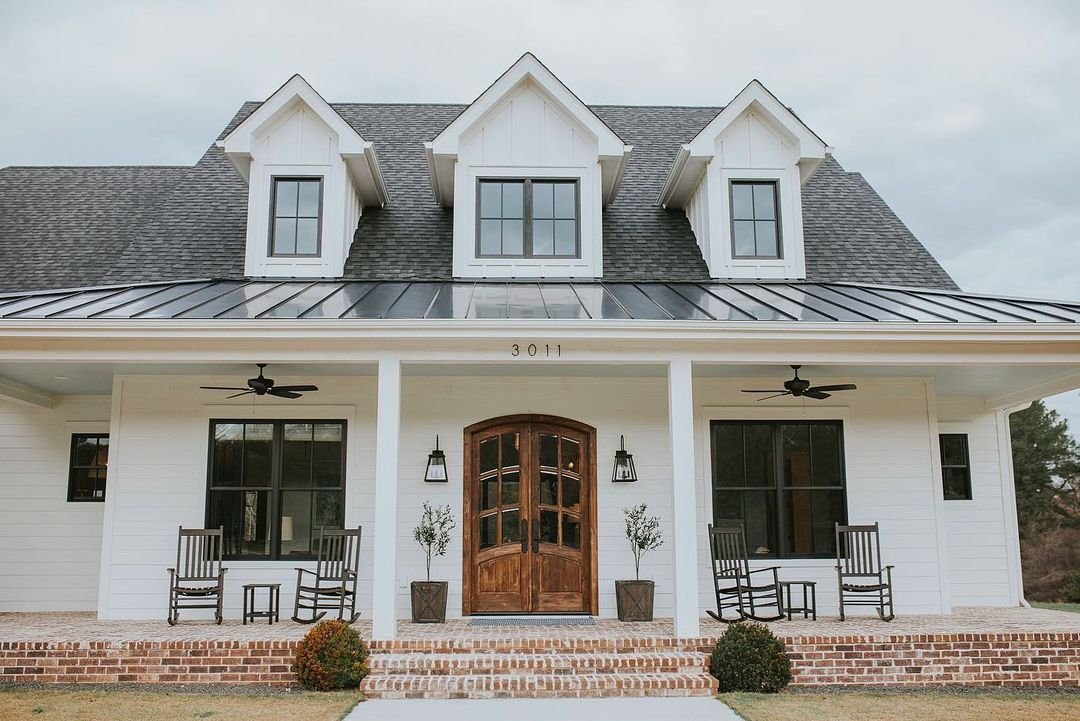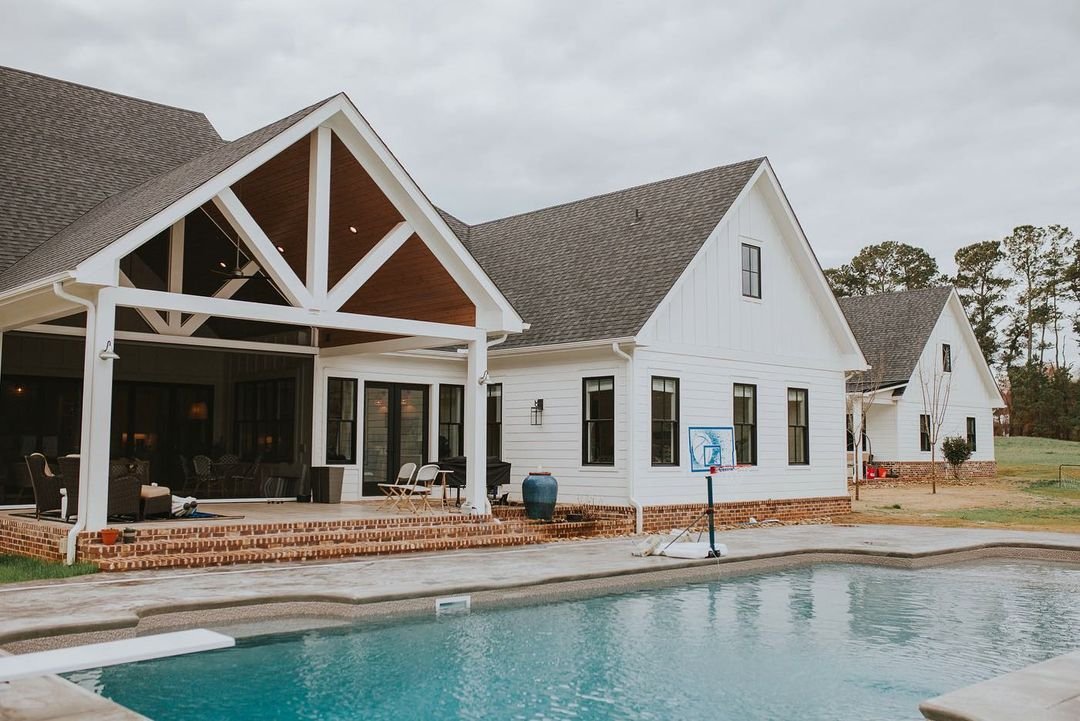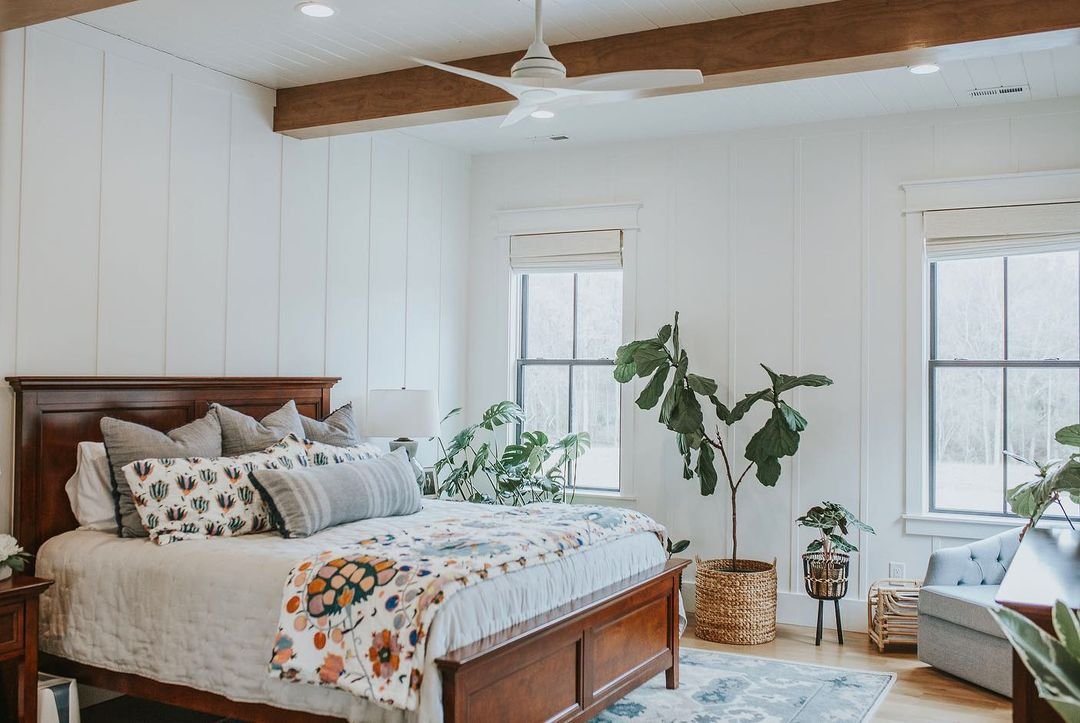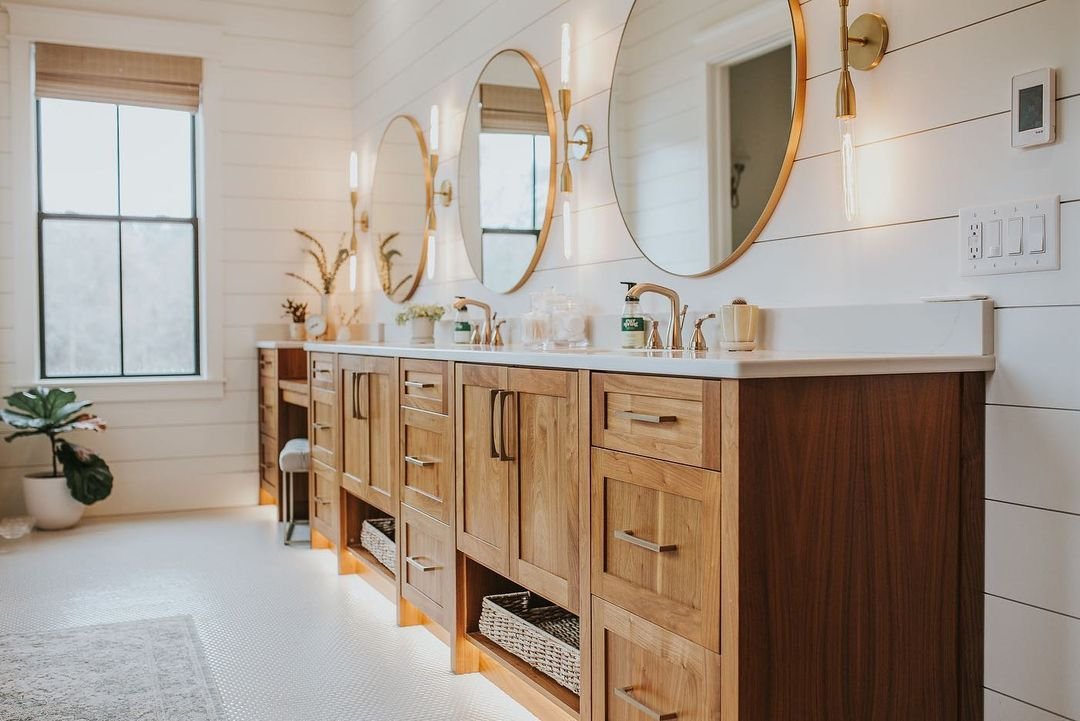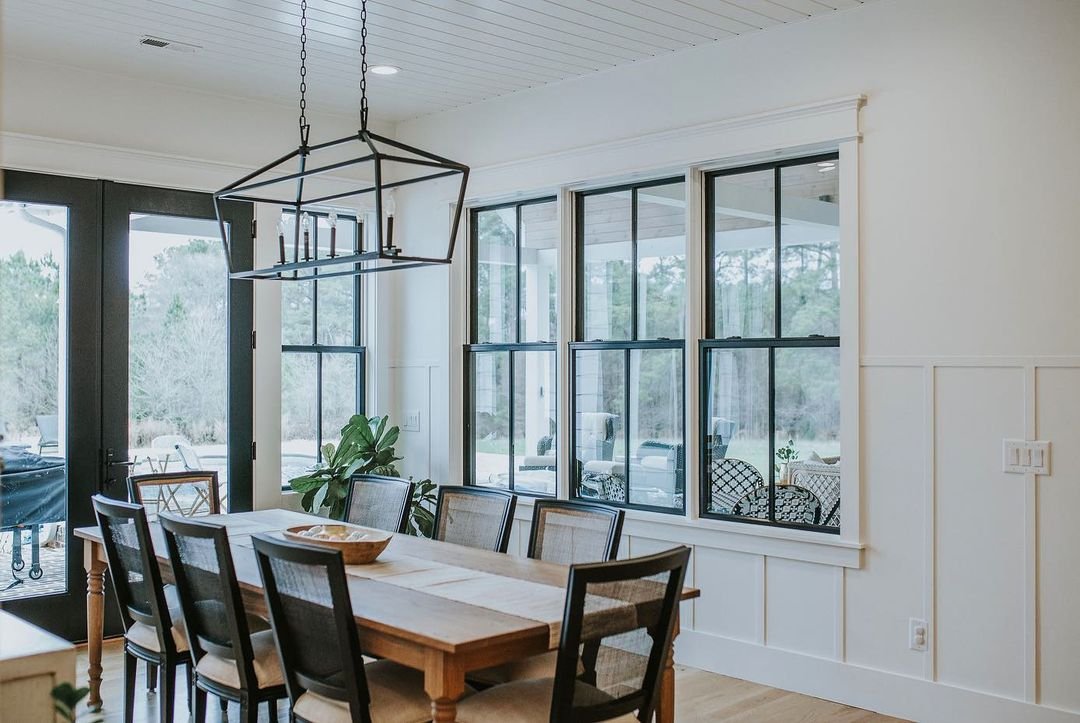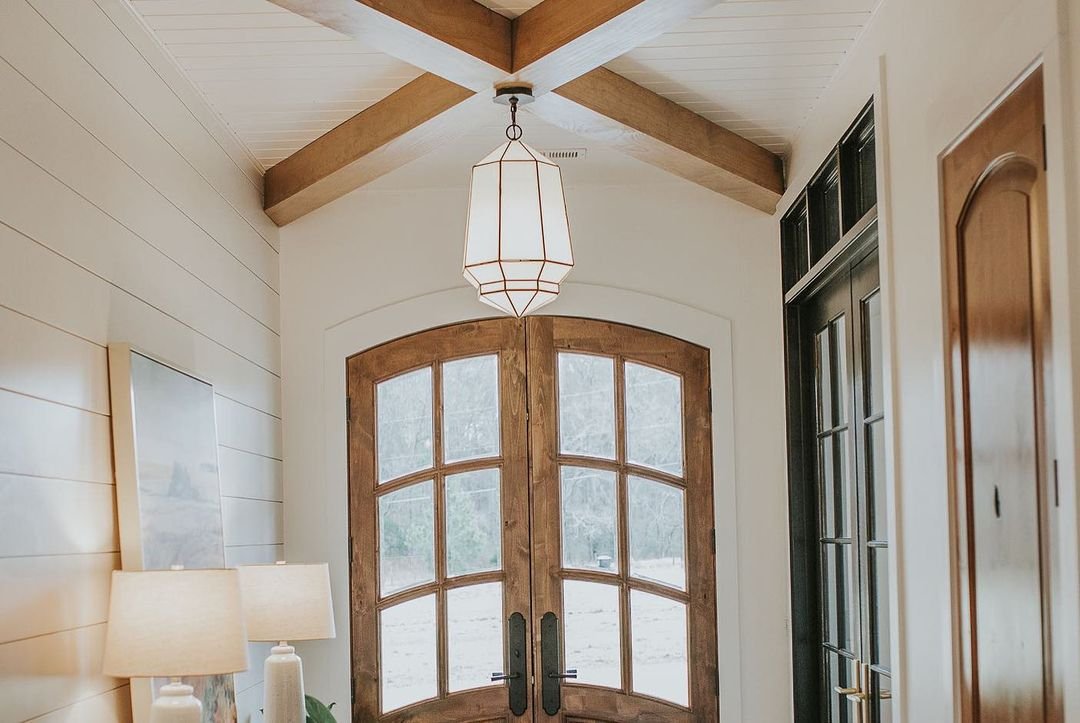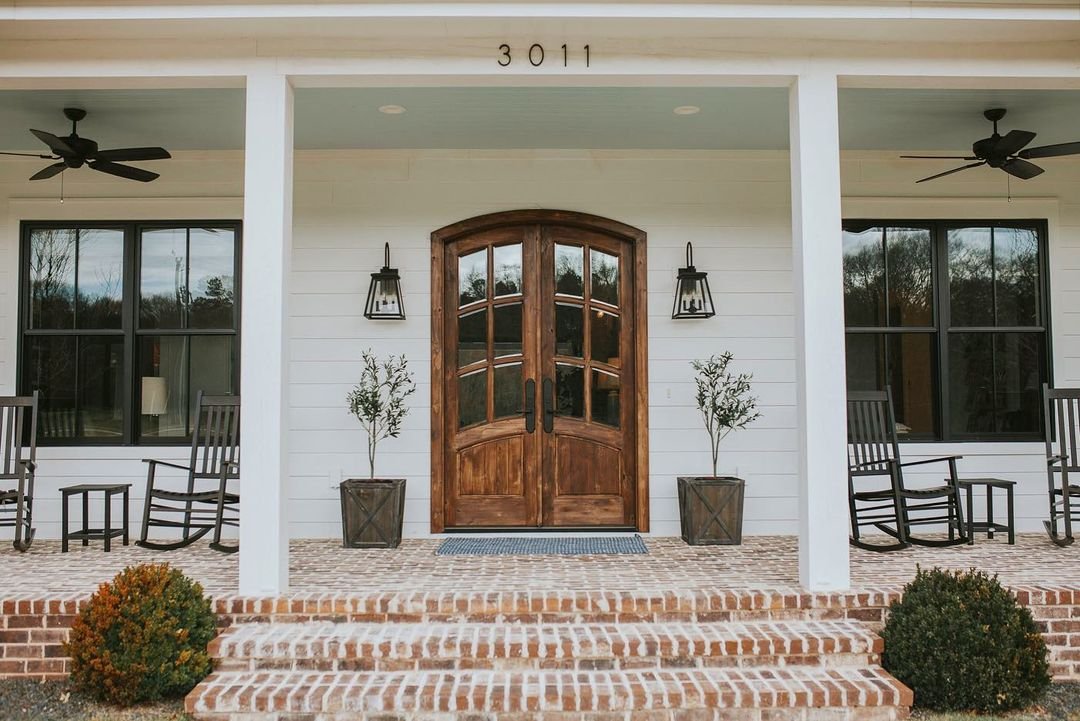Where Should I Live During My Home Build?
Boerner Construction answers the important question, “‘where should I live during my home build?” Whether you’re simply planning your next steps, or your bank is asking so they can determine whether you’re able to afford your construction loan, it’s vital to determine how much money you’ll need to have for your living expenses while you’re budgeting your 12-24 month new home build. Knowing this will help to paint a clearer picture of whether you should stay in your current home, find a rental, or discover alternative living options in the meantime.
1. stay in your current home
living factors to consider during your home build
1) The number of people you live with
2) Time until construction completion
3) Convenience of location
4) Your budget (both living expenses AND construction loan expenses)
If your new house is a couple of months from completion, consider staying in your current home. Ideally, you’ll try to time the selling of your home for when you intend to move into your new abode. Or consider a clause in the sale of your current home that allows you to rent the house from the new buyer until the new build is completed. This is an especially effective strategy for a hot market when you need to sell your current home for a higher price.
2. Rent a Temporary Home or Apartment
The advantage of renting a home or choosing corporate housing in your area is that you can minimize the stress associated with putting your current house on the property market and having to move out quickly if it gets sold earlier than expected. Corporate housing, otherwise known as serviced apartments, are also an excellent option while you wait because they are move-in ready fully furnished apartments with flexible month-to-month leases.
The disadvantage of either rental option is your monthly costs may be the same or more money than your current mortgage payments—especially if you’ve already paid off your old home. If you rent a fully furnished apartment, you may also be on the hook for month-to-month storage costs of your furniture. Learning the monthly payment structure of your construction loan will help you decide based on what you can afford with your total budget.
Complete Guide to Find a Custom Home Builder in Your Area
3. Stay with Family or Friends
If you have supportive family or friends who have a spare room, this can always be an option while your new house is being built. Though staying with friends and family may not be ideal—especially for 12-24 months—you may be able to endure the sacrifice, and save money. Especially in generational families, temporary reunification can be a blessing for older parents who are empty-nesters, and appreciate the extra help from adult children (as well as the company of grandchildren).
4. alternative living options
Live in an RV or Mobile Home
Live in a Caravan
Live in a Hotel
Is it time to check some items off of the bucket list? Believe it or not, there are many folks who use the 12-24 month construction timeframe, to travel the country in a RV or a motorhome. Even if they come back early, with the proper permits they can park and live on-site while building the house. Most motorhomes have large water tanks and only need to be cleaned out every few months. That said, you’ll need to foot the bill for storage while greatly reducing your space and lifestyle for a season.
Similar to the RV or mobile home, living in a caravan gives you the freedom of being able to stay on the property of your new build. This can help immensely if your current home is sold before you’re ready to move into your new one. The disadvantage of this option is that a caravan is simply a living attachment that you will need to tow or transport on a trailer or car. As such, it may be impractical if you don’t have an appropriate car available. Caravans are cheaper than motorhomes and generally larger, but you’ll also have to empty a portable tank daily if the caravan doesn’t have a waste water container.
If money isn’t a problem (or you already have a budget for it), a hotel room might be the perfect arrangement for you and your family. Extended stay hotels can even save you some money by reducing your daily costs with a month-to-month commitment. Living conditions may be extremely tight, but most hotels have other benefits like access to a pool, gym facility, housekeeping, and complimentary breakfasts.
Factors to Consider When Choosing Living Arrangements
Budget Constraints
When deciding on your living arrangement, you need to factor in the construction loan. In addition to a permanent loan, a construction loan is borrowed short-term from a bank rather than a mortgage company. The bank will determine the amount of cash down payment you’ll put down, based on the appraised value of your home. Though you can comfortably borrow up to 80% of the appraisal value of the house being constructed, if you want (or need) to go above that value, you’ll need to take out a personal note or second mortgage on your current home and pay that off when it sells. Depending on the bank you work with, you may also need to have a debt-to-income ratio of no more than 36%.
Family Size and Needs
Family needs should always come first. For instance, it may be impractical to pay for a rental for a five-person family until your new home is built if your expenses are already high enough. How big your family is and what each member needs are important factors you should consider when deciding what is appropriate for your living situation.
Construction Timeline
With an average of a seven-month timeline to finalize a new house construction, the answer to where you decide to stay will heavily depend on your expected move-in date. If the expected construction end date is nearer, staying in a more permanent arrangement in the meantime is likely to be more impractical.
Proximity to Work, School, and Other Amenities
Other factors to consider include the location of any temporary residences to your current occupation, academic institutions if you have children, and other facilities such as your local gym, car parking facilities, hospitals, and local supermarkets, for example.
Personal Preferences and Comfort Levels
At the end of the day, it comes to what level of discomfort you and your family are able to tolerate. One important thing to remember is that if you do choose to move out of your current house before your new home is built – you’ll need to move twice! This can be costly and mentally taxing, so be prepared. If you’re willing to sacrifice comfort for a few months in exchange for a brand-new house that fits every dream you ever held, we think it’s definitely worth the wait.
Bottom Line
There are many factors you need to acknowledge when deciding where to live until your house is finished. That said, if your home build is closer to 12 months from completion, we recommend staying put. Around two months out, you can decide what you’re able to pay for and if you want to put the house on the market and rent from the buyers. Alternative housing options are also always available, and much easier to stomach in shorter timeframes.
Looking for a custom home builder in Upstate SC?
“Great experience with Boerner Construction. From the initial interview through the entire process it was a pleasant experience working with Kyle. Good suggestions during the design process that improved the layout and quality of the construction. Kyle is a craftsman himself and actually does some of the more intricate woodwork. Great communication, quality workmanship, on budget, prompt follow-up, all the things you’re looking for when choosing the builder for your new home. We highly recommend Kyle and the Boerner Construction team.”
